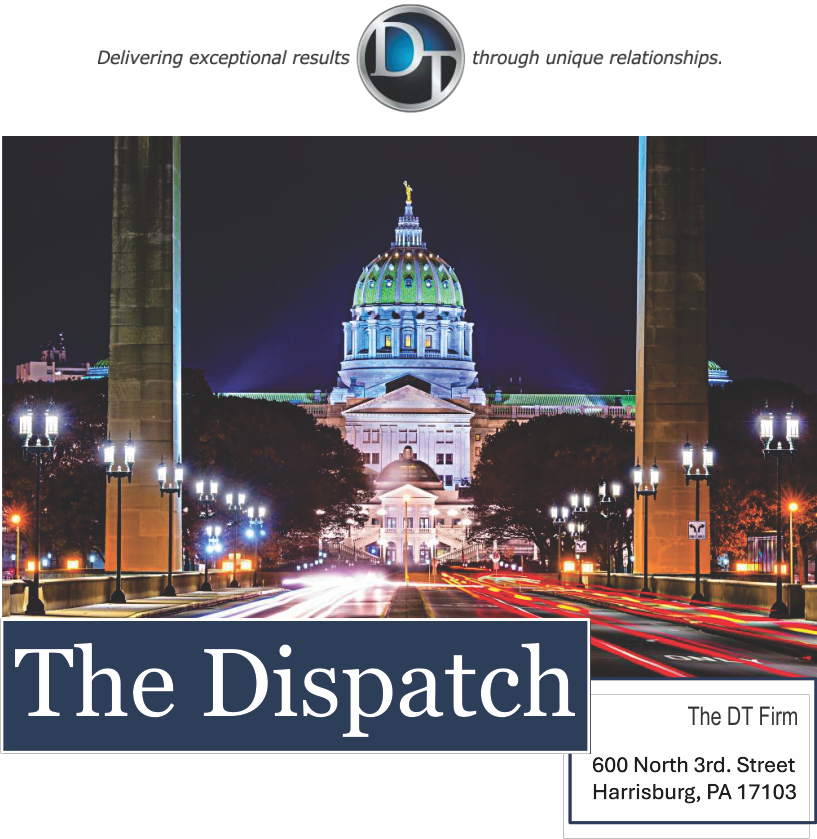
Pennsylvania's Budget Stalemate: Impact on SEPTA and Beyond
Explore the Far-reaching Consequences of Pennsylvania's Budget Stalemate on SEPTA and Its Riders
The Root of the Stalemate: Pennsylvania's Divided Legislature
As the Senate prepares to reconvene next week, there is still no clear resolution in sight to the ongoing budget impasse. The longer this stalemate continues, the more profound its ramifications for public services become—particularly for SEPTA, which remains at the forefront of immediate and long-term budget negotiations. The division within the legislature is stark: House Democrats are advocating for long-term, recurring transit funding, while Senate Republicans propose a more temporary, two-year solution using the Public Transportation Trust Fund. Each side accuses the other of playing politics, leading to a prolonged impasse that has left the state budget more than two months overdue.
The political gridlock has created a challenging environment for stakeholders. The House Democrats' push for a sustainable, long-term solution clashes with the Senate Republicans' preference for short-term fixes, leaving Governor Josh Shapiro in a difficult position as he tries to mediate between the two factions.
Governor Shapiro's Mediation: Balancing Act Between Parties
Governor Josh Shapiro has been shuttling between the House and Senate chambers, attempting to broker a deal that would satisfy both parties. His role as mediator requires balancing the GOP's priorities, such as road funding, with the Democrats' demand for a lasting solution to transit funding. While Shapiro's efforts have drawn sharp criticism from Republicans and cautious praise from Democrats, his commitment to finding a resolution remains unwavering.
Shapiro has framed SEPTA's future as a test of state leadership and governance in a deeply divided Pennsylvania. His handling of the situation could set a precedent for how future budget negotiations are managed in the state. Despite the challenges, Shapiro has pledged to stay at the negotiating table until a deal is struck.
Immediate Impacts on SEPTA: Service Cuts and Fare Hikes
The budget stalemate has already had immediate consequences for SEPTA. The transit agency has cut service by 20%, and planned fare hikes of 21.5% were temporarily blocked by a judge. Riders, including students and seniors, are experiencing significant disruptions. According to a recent ruling by Judge Sierra Thomas-Street, SEPTA has been ordered to fully restore transit service that was cut last month, although planned fare increases may continue.
The service cuts and fare hikes have sparked a lawsuit from consumer advocate Lance Haver and two riders, who argue that the cuts unfairly burden Black, Latino, and low-income riders while sparing Regional Rail. SEPTA denies these claims, citing federal equity reviews and a $213 million shortfall tied to the stalled state budget.
--> Whyy has more.
Local Government Interventions: Mayor Parker's Role
In response to the crisis, local government officials have stepped in to mitigate the impact on riders. Mayor Cherelle L. Parker announced an agreement to advance some of the city's $135 million SEPTA subsidy to restore bus and trolley routes in areas most affected by the cutbacks. The restoration, which will take effect Tuesday, is expected to cost approximately $1 million per month.
Mayor Parker emphasized the importance of ensuring that all students can get to school on time and safely, making it a top priority for her administration. The city's intervention demonstrates a commitment to addressing the immediate needs of its residents, even as state-level negotiations continue.
--> More from The Inquirer
Pennsylvania's Fiscal Pulse: August Revenue Snapshot from IFO
The Independent Fiscal Office (IFO), which provides nonpartisan financial insights for Pennsylvania lawmakers, has just released its August Monthly Revenue Update and a General Fund Status Update . These updates give a transparent look into how much revenue the state is bringing in—and how that stacks up against expectations.
The reports are a key resource for anyone tracking the state’s fiscal health, offering insights that influence budget decisions, public services, and funding priorities. For businesses and residents alike, staying informed on Pennsylvania’s revenue trends helps clarify the broader economic picture.
Health Insurance Premiums Could Spike for Pennie Users if Federal Subsidies Expire
Tens of thousands of Pennsylvanians who rely on Pennie, the state’s health insurance marketplace, could face steep premium hikes in 2026 if Congress fails to extend enhanced Affordable Care Act (ACA) subsidies. Without action, the financial support that currently makes coverage more affordable for many could disappear—leading to higher monthly costs and potentially pricing out up to 150,000 residents.
According to reporting from the Pittsburgh Tribune-Review, the expiration of these subsidies could reverse recent gains in health coverage across the state. The outcome will likely depend on decisions made in Washington over the coming months.
--> The Pittsburgh Tribune-Review has more.


